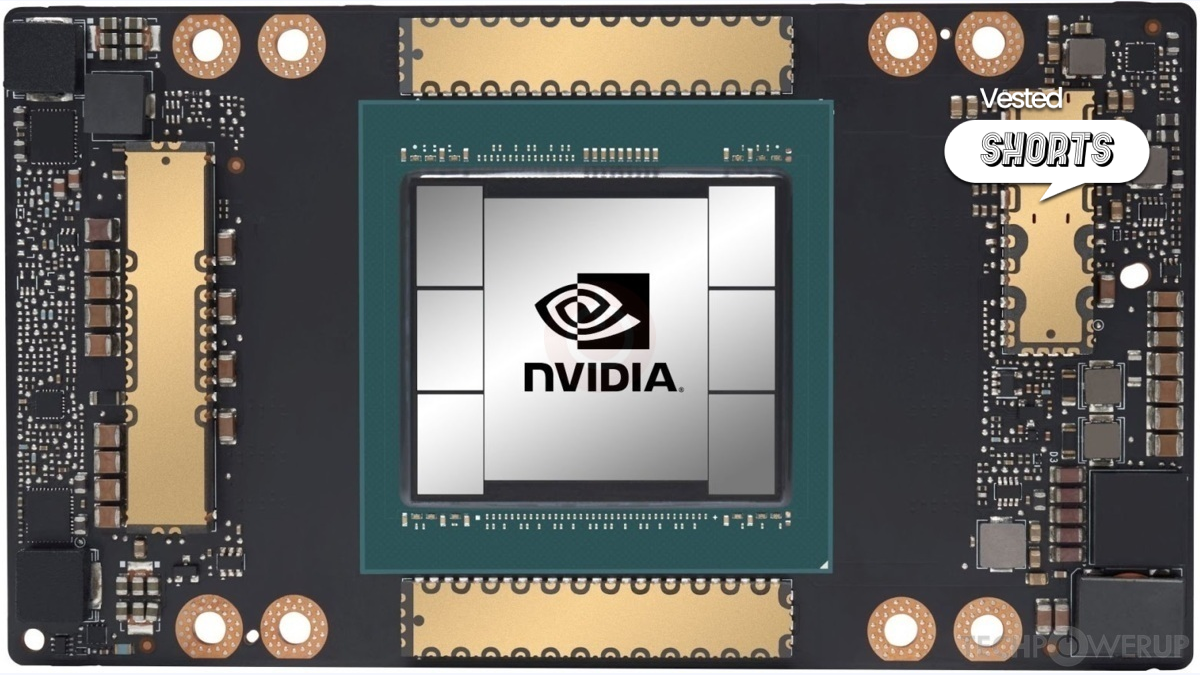In today’s edition
- VinFast’s plummets amid quality issues after bumper listing
- Chinese tech giants bulk buy Nvidia GPUs
- S&P 500 reports lowest earnings since 2020
- Sub-$20k new cars disappear from market
Market Snapshot
The S&P 500 Index and Nasdaq Composite ended the week in red due to rising bond yields, increased borrowing costs, and a Federal Reserve focused on tackling inflation, along with international concerns. Despite signs of a robust US economy, the rapid increase in interest rates over the past 18 months has led to worries about prolonged higher rates affecting growth and consumer spending.
Additionally, China’s economic concerns are deepening, highlighted by the bankruptcy filing of property giant Evergrande Group and weak economic data, causing Hong Kong’s Hang Seng Index to enter a bear market.
Data as of market close 18 Aug 2023
The week ended on 18 Aug 2023. Source: AlphaScreener
News Summaries
VinFast, a Vietnamese EV manufacturer, debuted on the Nasdaq stock exchange on Tuesday after a SPAC merger that valued the company at $23 billion. The company, which is owned by Vietnam’s wealthiest person Pham Nhat Vuong, has shipped nearly 3,000 EVs to the North American market since 2020. The initial public offering attracted a lot of attention and drove the stock price up to $86 billion. However, the excitement was short-lived as the quality of the EVs came under scrutiny. Many customers complained about the poor performance and reliability of the vehicles, which caused them to experience motion sickness while driving. The negative feedback eroded the investors’ confidence, who started to sell off their shares. After the initial frenzy, the stock price plummeted, and Pham, who owns 99% of Vinfast, saw his net worth drop by $18 billion. He remains the richest person in Vietnam, with a net worth of $21.2 billion.
Chinese tech giants Baidu, ByteDance, Tencent, and Alibaba have ordered approximately 100,000 processors worth $1bn from the US-based chipmaker Nvidia, slated for delivery this year. Anticipating potential trade restrictions, the companies have additionally secured $4bn worth of GPUs for 2024, which, if equated to 2023’s unit price, translates to about 500,000 GPUs. ByteDance alone has acquired 80,000 GPUs for its future endeavors. Furthermore, Alibaba intends to integrate its vast product line with its language model, while Baidu is developing a project akin to ChatGPT. Both Tencent Cloud and Alibaba Cloud are incorporating Nvidia’s H800 GPUs, emphasizing the evident strategic stockpiling trend among China’s leading tech companies.
Corporate America is set to report its poorest operating quarter since 2020, with earnings of the S&P 500 Index dropping by 5.2% compared to last year, as per the Wall Street Journal. In 2022, the energy sector, boosted by companies like ExxonMobil and Chevron, thrived due to high oil prices; however, this year witnessed a downturn, with ExxonMobil’s Q2 net income dropping by over 50%. Despite the decline, energy stocks have surged by over 60% since early 2022. Conversely, the broader stock market’s performance has been lackluster since January 2022, with the real estate sector suffering the most amidst concerns of rising mortgages and vacant office spaces, even as tech giants added trillions to their market cap.
New cars priced below $20,000 have become extinct, pushing more potential buyers towards the inflated used-car market. Mitsubishi Mirage, the last car with an average transaction price under $20,000, is being discontinued after its sales plummeted by 57% in Q2 2023. Major automakers have been phasing out low-cost, primarily smaller cars for years, as consumer preferences shift towards pricier SUVs, crossovers, and pickups. The average price for new vehicles reached $48,334 in July, with no sign of dropping below $30,000 for over a decade due to factors like rising commodity and labor costs, parts shortages, and the shift to assembling more profitable vehicles. Today, even affordable used cars are scarce, and while there’s a slim possibility of a Chinese automaker introducing a low-priced car in the US, geopolitical issues make it improbable.

